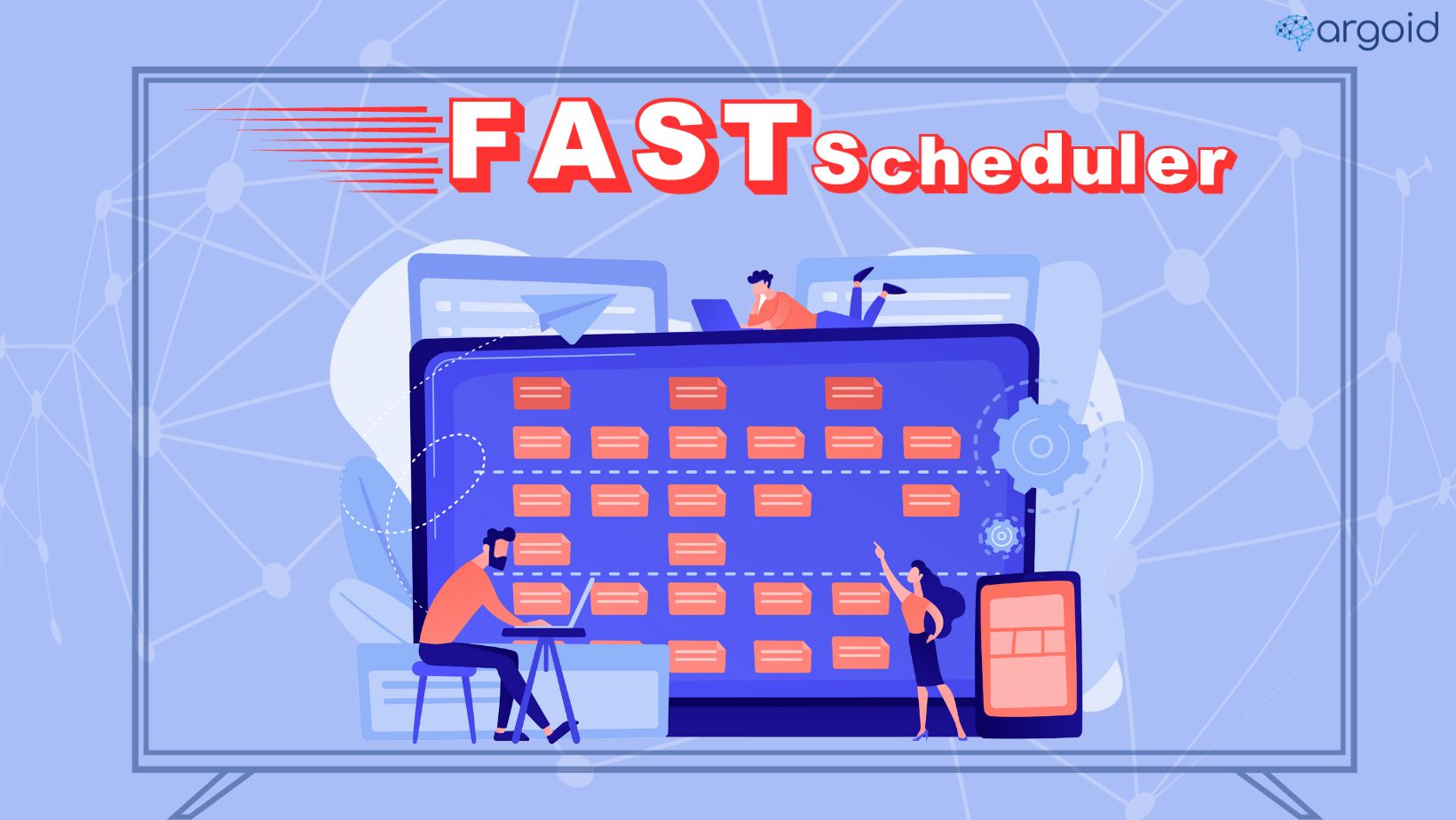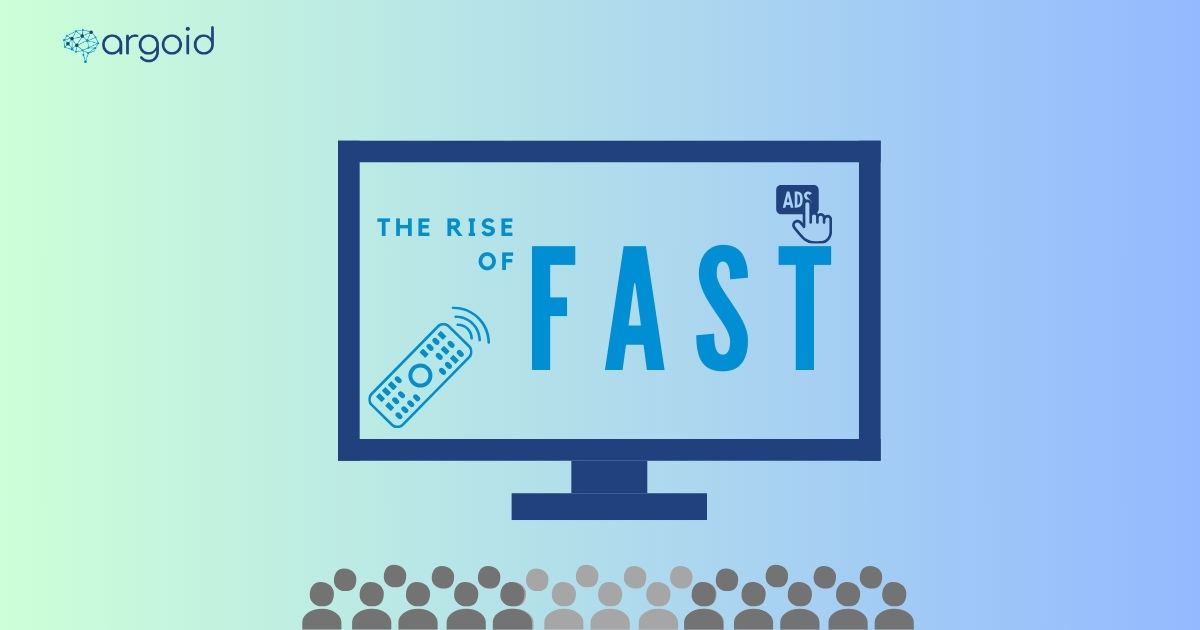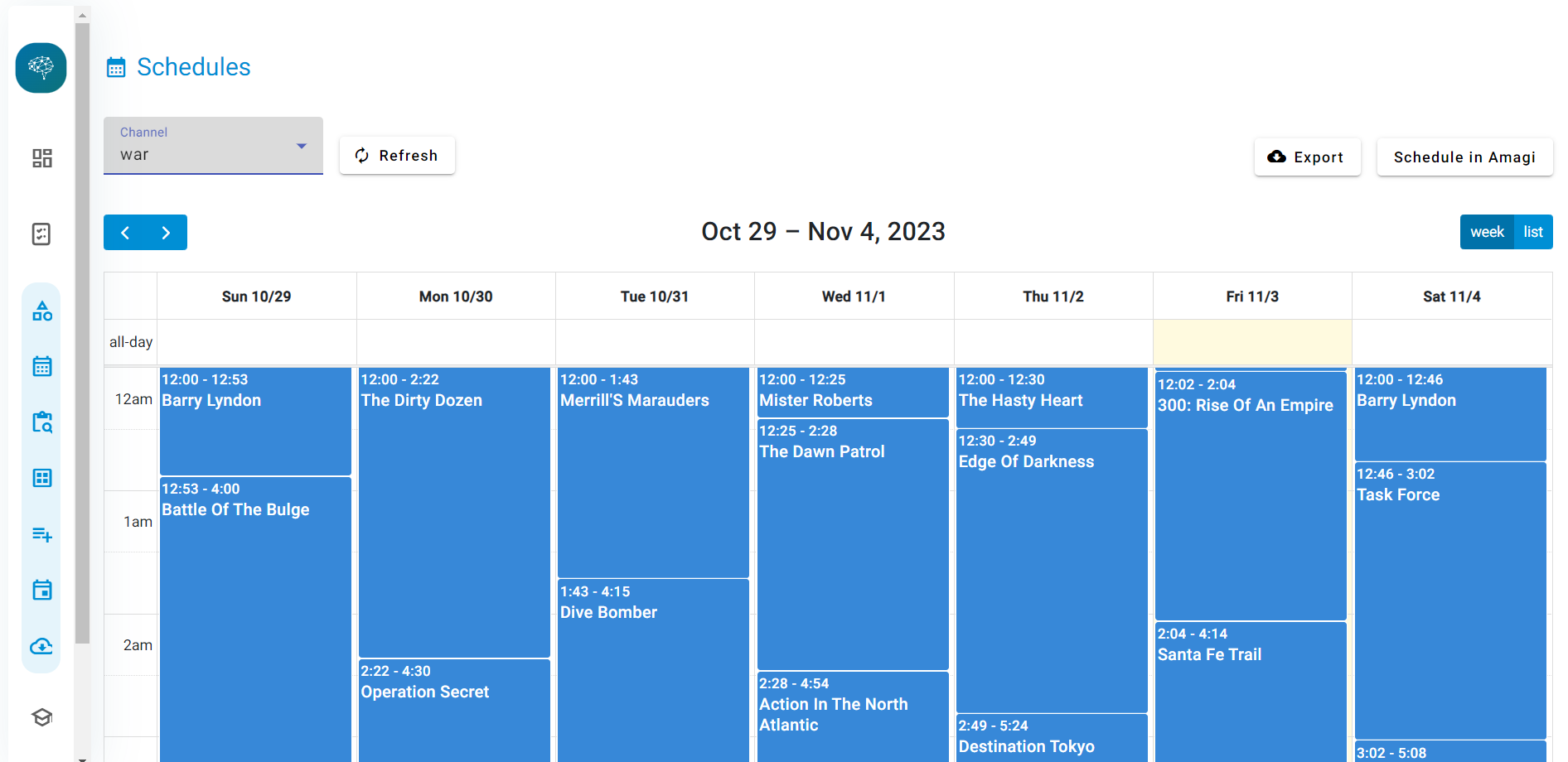There are several benefits of knowing what your customers want. For instance, if you already know that Jane might require a pair of black heels with the dress she has put in her shopping cart, perhaps you could show her some recommendations or send across a discount coupon to prompt her to complete the sale. Besides boosting sales through intelligent recommendations, a product recommendation system can do more for you. It can help you streamline operations and manage the inventory better with accurate predictions about what consumers want.
Unsurprisingly, Amazon, the global eCommerce marketplace leader, has been investing in Artificial Intelligence and Machine Learning for years to build frameworks that can accurately predict what their customers want. This data is used to send various types of product recommendations to users, a strategy that drives almost 35% of the sales for the giant.
A similar system is also used by Netflix, albeit to suggest what a user might want to watch next. So don’t be surprised if you feel Netflix is literally reading your mind. It’s only analyzing your browsing history and what you saw last to suggest what you’re likely to enjoy next!
This functionality for both Amazon and Netflix is based on predictive analytics using historical and real-time data to understand user behavior. Argoid’s personalization engine uses the same principles to help eCommerce players achieve Amazon-like personalization on their product pages to drive more sales and achieve higher user satisfaction.
Some of our clients have registered a 1200% ROI by implementing the intelligent product recommendation software across their user journeys. If you’re also looking at revamping your user experience and boosting sales, a product recommendation engine could be the solution you’re looking for.
What is a Product Recommendation Engine?
A product recommendation platform helps guide users on the products they would like to buy according to their demographic data and past shopping behavior. It uses machine learning algorithms to crunch millions of data points to recommend the most relevant products to a user.
Product recommendation engines also employ a filtering system to predict and show the items a buyer might like to purchase. Depending on your requirement, specific shopping recommendation engine algorithms can be deployed to get the desired results. Here are the three most commonly used product recommendation system algorithms.
- Collaborative Filtering Algorithms - These are based on collecting and interpreting large volumes of user behavior data. They also compare similar actions by different users to predict what specific users might be interested in. For instance, the “Customers who bought this item also bought” section on your Amazon product page is based on collaborative filtering.
- Content-based Filtering Algorithms - These filtering methods are based on a user’s profile and preferred choices, and the description of various items they have browsed or purchased in the past. For instance, if you like a song by Ed Sheeran, the recommendation engine might suggest artists like Shawn Mendes and David Gray.
- Hybrid Filtering Algorithms - A hybrid filtering algorithm is a combination of diverse sorting and rating algorithms. So, it can use both collaborative and content-based filtering together to recommend a broader range of items to customers with more precision.
Moving beyond the technical part, here are some examples of the product recommendation types that can be used on different pages at different points in a customer's journey.
1. Homepage recommendations
Your homepage is like your digital storefront. Therefore, it’s crucial to show the main product offering to help users start shopping and increase the click-through rates. Typically, the recommendations on the main page aim to inform the newcomers about your products and get them engaged. Here are some types of recommendations to consider:
- Hottest items or the items that stand out from the competition. You can highlight the top-ranked items on your site in various categories based on parameters like purchases, popularity, trends, etc.
- Bestsellers, or items with the highest conversion rates
- Newly added items
- Trending items that will be available soon and can be booked early
- Items on sale
- Context-based recommendations (based on location, weather, or device). You can see an example of this in the below image. Myntra, a leading eCommerce site in India, used this banner on the homepage to drive more sales over the weekend.

For returning visitors on the main page, you can show more personalized recommendations, such as:
- Items previously viewed or purchased
- More items related to the recent purchase
- Discounts on recently viewed items or those in abandoned carts
- Popular items based on previously viewed/purchased items
2. Product Detail Page recommendations
The product detail page is where your visitors find detailed information about a product. The aim here is to keep the visitors in the sales funnel and nudge them to add the items to the cart. The recommendations on this page may be aimed at increasing average order values by suggesting complementary products they might need to trigger impulse buying. Customers also tend to spend a lot of time on product information pages, and you can utilize this opportunity to offer:
- Complementary items in the same category
- Other relevant items
- Products with better quality, rating, or price in the category
- Associated products (Say batteries if someone purchased a battery-operated toy)
- Promotional items
- Items to upsell, for example, those that are better in quality or have higher prices
- Most purchased or viewed items from the same category by other customers (see the example below)

3. Checkout Page recommendations
A study of over 100 eCommerce stores showed that product recommendations on the checkout page can boost your conversion rate by more than 900%. Of course, you need to be tactful at this stage. Users want to complete the purchase without any distraction. However, they’re often willing to add more items and even pay more for a better-quality product if recommendations are made properly. Here are some ideas:
- Items based on the visitor’s preferences or affinities
- Products frequently bought together
- Items with relatively low prices that can be easily bought
- Popular items from the recently browsed categories (as shown in the example below)
Benefits of an eCommerce Product Recommendation Engine
The primary aim of any recommendation engine is to engage users by making intelligent suggestions to stimulate demand actively. They also boost personalization by dynamically adjusting the website/app view according to user preferences by populating it with various products they’re likely to buy. Here’s how a product recommendation system helps you boost sales and customer loyalty.
1. Improve Your Conversion Rate & Average Order Value
When we talk about conversions, we are talking about visitors taking the desired action on your site. How to make them do that? By giving them what they want – be it by creating FOMO through curated bestseller lists or sending personalized offers through your welcome series.
Not only do personalized recommendations boost your conversion rate, but they also increase the average order value by encouraging visitors to add recommended products and offers on the checkout page.
With a recommendation system, you can use multiple data sets to drive deep insights and make highly relevant product suggestions in real-time. Such recommendations provide a definite boost to your sales and average order value by exposing visitors to a higher volume of products that are likely to pique their interest.

2. Deliver an Outstanding Customer Experience
Users value speed and convenience in shopping more than ever before. Additionally, consumers no longer want to be treated like numbers. They want brands to address them in a personalized manner and anticipate what they will need down the line to make the shopping experience more seamless and delightful.
An AI-driven product recommendation engine increases customer satisfaction by giving users the opportunity of finding better products with less work. Often users go back to product recommendations from their past searches because they liked something but didn’t require it back then. By sending suggestions based on past transactions and browsing history, your eCommerce store can provide more of an in-store experience similar to suggestions meted out by experienced assistants.
An AI-driven product recommendation engine also helps in creating an omnichannel brand experience. Customers don’t view your brand in silos. Whether they interact with you via the web, app, or any other touchpoint, they expect the same seamless experience across each touchpoint. A recommendation engine can help you drive consistency across every channel by drawing data from multiple sources and creating a single pane of glass view for every customer. It also helps serve customers' more personalized recommendations across every channel, leading to stronger brand connections and loyalty.
3. Send Relevant Marketing Content
Each customer is different. You cannot expect outstanding results by treating all the site visitors in the same manner. That’s the prime reason personalized and relevant content continues to rule in the marketing domain. And why not – is there a better way to connect with your customers than the right words spoken at the right time? With a product recommendation system, it’s easy to send bespoke content about items your customers want to buy or learn more about. This helps personalize the customer experience according to their browsing history and website usage in real-time, leading to higher engagement and more sales over time.
On Selecting the Right Product Recommendation Technology
There are several benefits of integrating a product recommendation engine across your user journeys. However, such software can be cumbersome to implement, especially when running on legacy infrastructure. At Argoid, we’ve created a powerful AI-driven product recommendation system engine that can be easily integrated with your existing website and apps.
The recommendation engine is designed to personalize your user journeys end-to-end while also automating repetitive tasks and sending you regular business insights based on cutting-edge analytics for informed business decisions.
By mapping your business goals to how your visitors interact with your site, you can select the right use cases for every stage of the user journey. For instance, if you’re a fashion retailer, you might want to show the newest additions to your collection on the home page.
Similarly, on the checkout page, you might choose to show matching accessories ordered by other users to upsell those items and increase the average order value. With Argoid’s easy-to-use dashboard, it’s simple to A/B test different types of recommendations and deploys what works best for your audience.
You can get in touch with us to find out more about boosting your sales with an AI-driven product recommendation engine.
FAQs
What is a product recommendation engine?
A product recommendation engine tracks different user activities like search history, browsing patern, geo-location etc. to sort the most suitable products for the buyers. Accordingly, it cab display those products in the form of up-sell/ cross-sell recommendation to help customers in making decisions quickly.
How eCommerce stores can boost sales with a product recommendation engine?
A product recommendation engine reduces the search efforts of the customers and empowers them to make decisions quickly based on recommendations that match user's intent. eCommerce store's can use these unique features of a product recommendation engine to boost sales.
Can Argoid help in boosting sales of your eCommerce store?
Argoid is an AI-powered, product recommendation engine that you can add to your Shopify store to ensure real-time, relevant product recommendations that influence users to make informed purchase.












.png)






